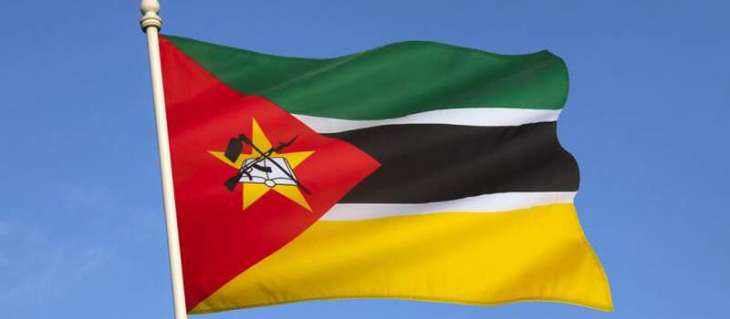Despite the recent recapture of Mozambique's port town of Mocimboa da Praia from the Al-Shabaab militant group (linked to the Islamic State terrorist organization, banned in Russia), the Islamist insurgency in the country has not yet been stomped out, experts told Sputnik
JOHANNESBURG (Pakistan Point News / Sputnik - 23rd August, 2021) Despite the recent recapture of Mozambique's port town of Mocimboa da Praia from the Al-Shabaab militant group (linked to the Islamic State terrorist organization, banned in Russia), the Islamist insurgency in the country has not yet been stomped out, experts told Sputnik.
Mocimboa da Praia, which had served as a militant stronghold for more than two years, was liberated on August 8 by a joint Mozambican and Rwandan contingent. Rwanda deployed about 1,000 soldiers to assist its fellow African country in July. Mozambique is also supported by the Southern African Development Community, which sent about 3,000 troops.
Nevertheless, according to Mozambique-based governance specialist Helio Guiliche, it may be too early to "go forward with glorious speeches," as militants may respond with small- or large-scale attacks once they feel they are ready.
"The insurgents' modus operandi is mysterious and unpredictable. They control the woods and use the surprise effect in their attacks. The fact that Vila de Mocimboa da Praia was retaken without major clashes shows that there was possibly a stampede retreat and that they may be regrouping and mixing with the population," Guiliche told Sputnik.
The expert emphasized the region's complex geography, with dense forests complicating air surveillance.
"Overland, the level of difficulty is much higher and the possibility of being ambushed is even greater, and the past has shown that insurgents feel better in dense forest," Guiliche said.
Historian Yussuf Adam, a retired professor with the Eduardo Mondlane University in Maputo, agreed that the conflict is far from over, telling Sputnik that Rwanda's intervention did not swiftly resolve everything.
"It is not a simple war, as people involved in this war have their reasons to fight. No one knows exactly what is going on, they have entered through the main entrances of town. Thousands would come in every night and leave early in the morning in large numbers, this is guerrilla war," Adam said, adding that the best thing to do now is to wait and see what happens next.
Al-Shabaab militants have increased the frequency of attacks in the gas-rich northern province of Cabo Delgado since 2017. In March, they attacked the town of Palma, killing dozens of people and forcing displacement of tens of thousands.
Whether or not Mozambique will succeed in putting down the Islamist insurgency, Cabo Delgado has to contend with the resulting destruction and humanitarian crisis created by the ongoing hostilities.
"Telephone towers, electricity, water, banks, state institutions, everything destroyed. There are more than 800,000 displaced people and a very large track of misery. The camps that serve as Shelters for refugees are overcrowded and conditions are precarious," Guiliche said, pointing to the shortages of water, food and basic necessities.
The governance expert described the situation as a "humanitarian drama," saying that the "lack of food, lack of water, lack of ability to think that there is a tomorrow because hope was swallowed by the sound of bullets and machetes."
Guiliche described Rwanda and France as the beneficiaries of the conflict, stressing that high economic interests were at stake.
"And there is a huge expectation around the gains from the exploitation of liquefied natural gas. However, with the attacks and the suspension of [French energy giant] TOTAL's activities, all investments stopped and thousands of jobs disappeared. Although the expenses and cost of these military interventions have not been made public, we know that nothing is free and the bill will be paid by the Mozambicans, by gas and other resources in exploitation," Guiliche argued.
The expert advised that Mozambique should learn from its current predicament to avoid similar outcomes in the future.




